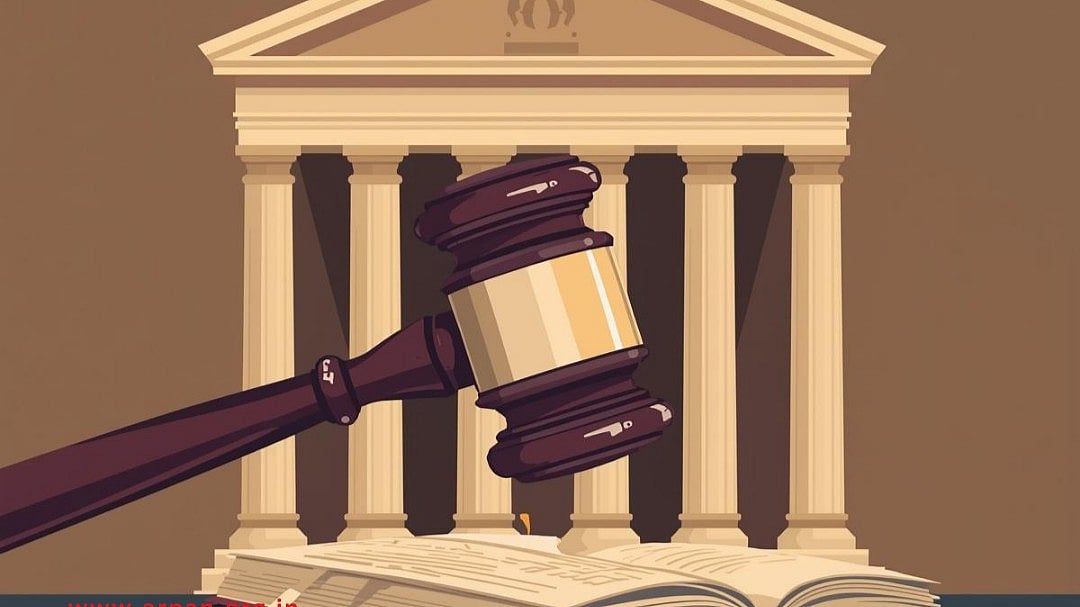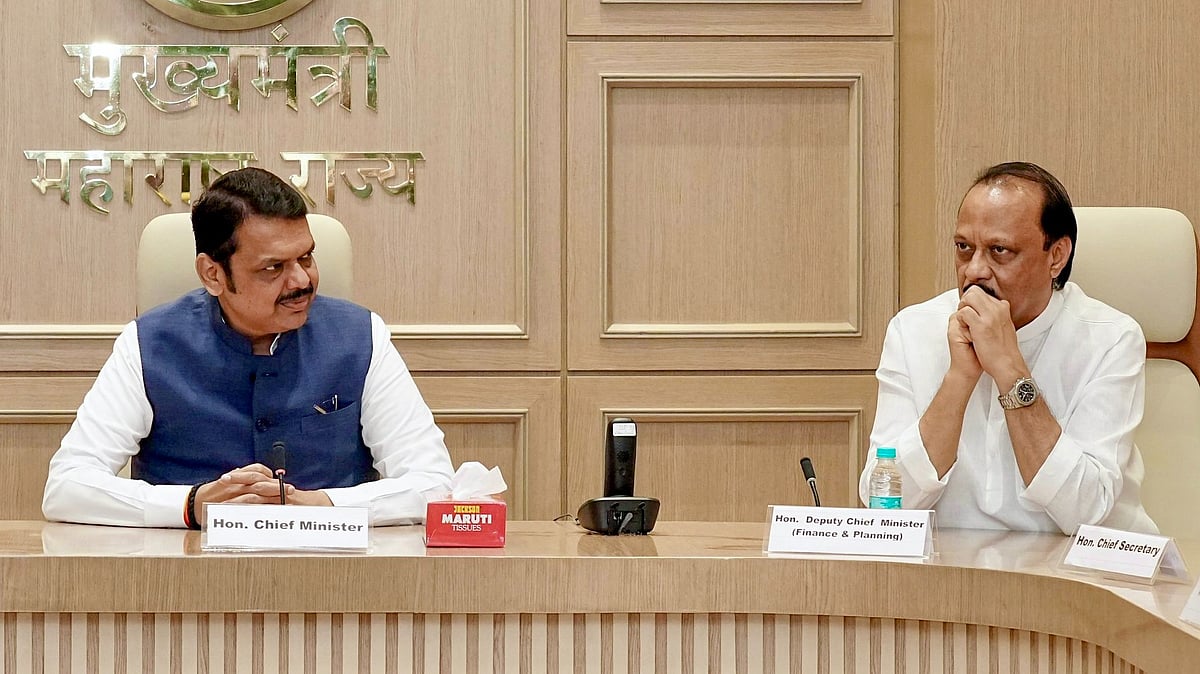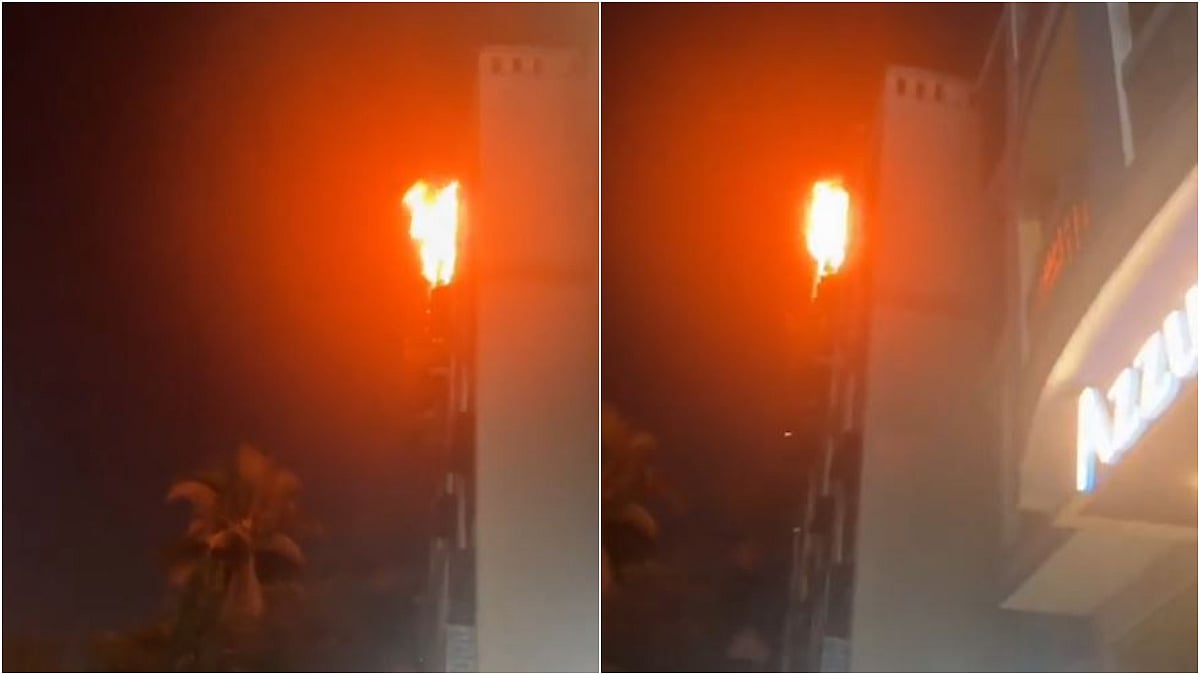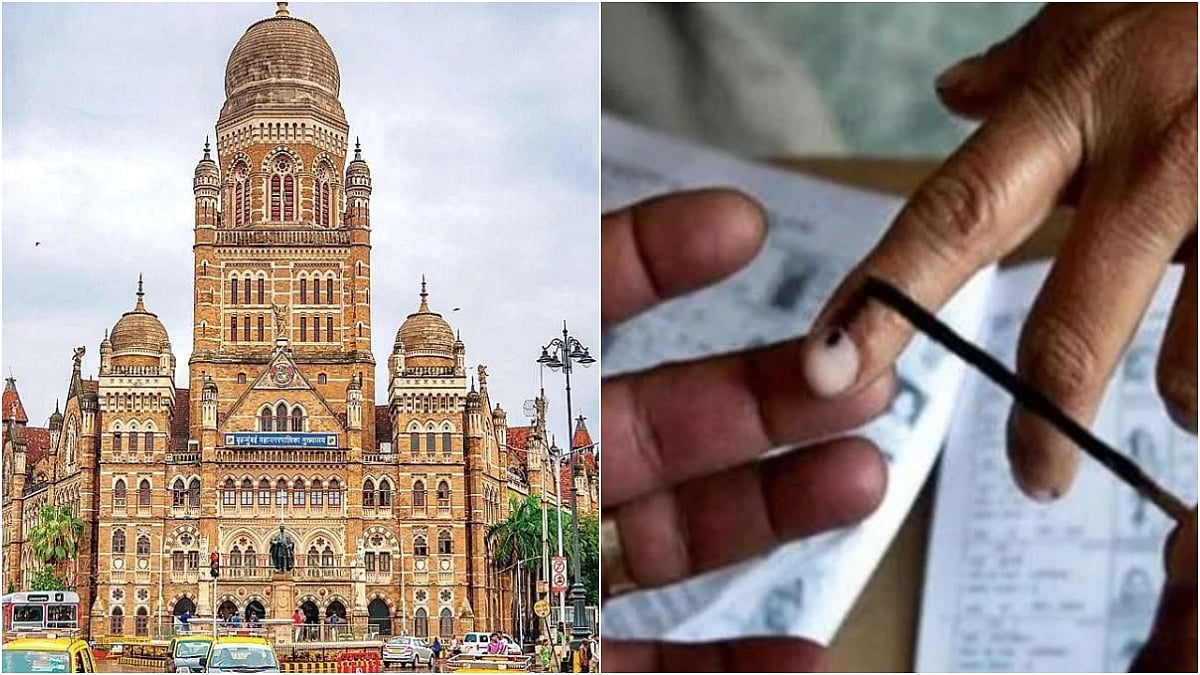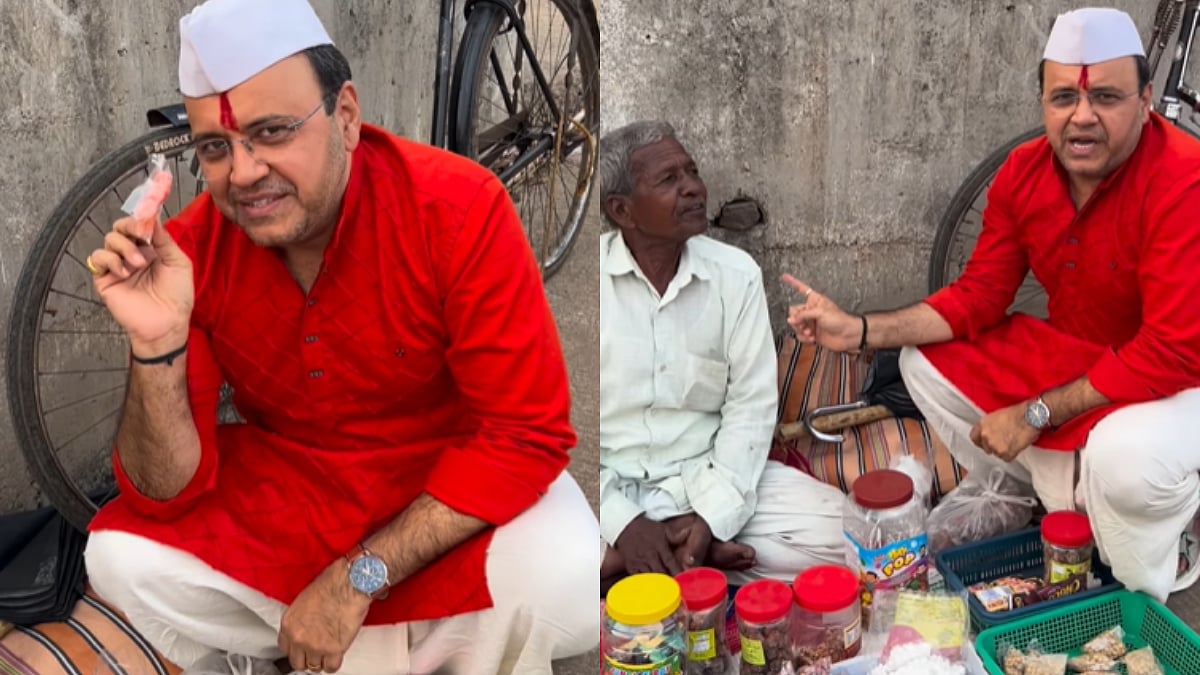Child Sexual Abuse (CSA) has long been one of India's most urgent yet least confronted crises, shrouded in silence, stigma, and cultural discomfort. For decades, we have avoided naming the problem. Yet the data made denial impossible.
Between 2001 and 2011, registered child rape cases rose more than four times, from 2,113 to 7,112, revealing a deep need for a law that recognised children's unique vulnerabilities.
The Protection of Children from Sexual Offences (POCSO) Act, introduced in 2012, was India's first unequivocal recognition that CSA was a systemic crisis. For the first time, it created a comprehensive child-focused framework that clearly defined non-penetrative sexual assault, sexual harassment, and abuse of boys, which the IPC had never adequately addressed.
It moved India towards child-centered justice through child-friendly courts and time-bound trials. It also introduced two of its most debated provisions: raising the age of consent to 18 and mandatory reporting, both of which continue to generate legal and social contention.
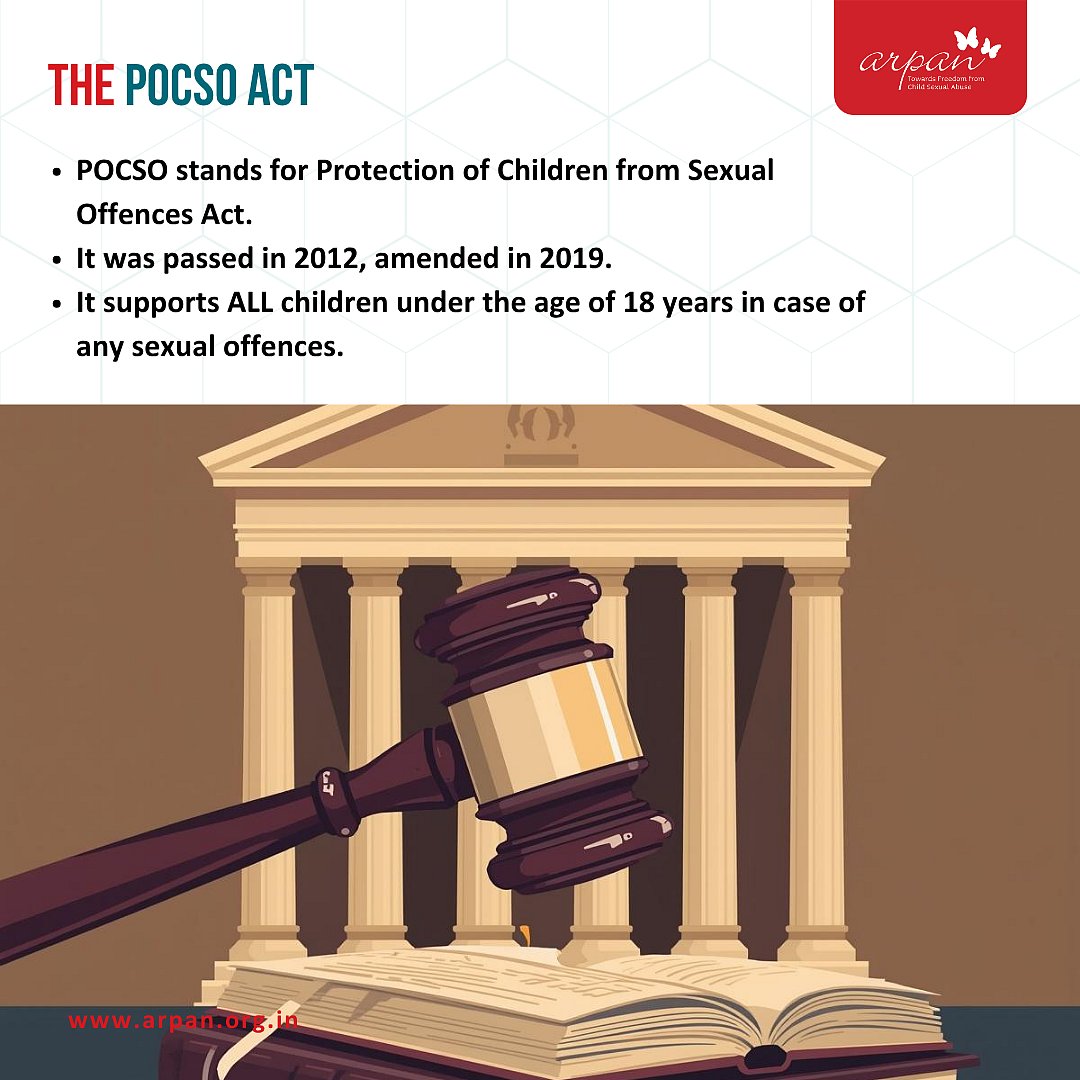
POCSO has triggered a clear shift in reporting, with cases increasing from 8,904 in 2014 to 67,694 in 2023, almost sevenfold, indicating both a potential rise in incidence and a significant increase in reporting of CSA.
Arpan's analysis of NCRB data also shows that, in the early years of POCSO, cases were often recorded under either the IPC or POCSO. By 2023, nearly 94 per cent of CSA cases were registered exclusively under the POCSO Act, signaling clearer legal recognition and classification.
Yet rise in reporting has not necessarily meant rising awareness or justice. Arpan's 2024 Mumbai assessment, conducted before the #ProtectedByPOCSO campaign during Child Safety Week, revealed that only 14 per cent of adults knew that POCSO is the law protecting children from Child Sexual Abuse.
Vidhi Centre for Legal Policy's 'A Decade of POCSO', analysing 2.3 lakh cases, found that for every conviction, three acquittals follow. The gender imbalance in reporting persists, with 96 per cent of POCSO cases involving girls— revealing how stigma continues to silence boys and gender-diverse children.
Another complex layer is the presence of consensual adolescent relationships. A 2024 Enfold study found that 25.4 per cent of aggravated penetrative sexual assault cases under POCSO were 'romantic' or consensual, with 97 per cent acquittals. Their inclusion under the same framework as sexual abuse strains the system, depresses conviction rates, and more importantly, denies adolescents their agency, ultimately exposing them to harm rather than protecting them.
Testimony continues to remain one of the strongest determinants of outcomes. Project 39A & Enfold's report, ‘The Verdict and Beyond,’ found that 98.8 per cent of cases where victims do not incriminate the accused in their testimony result in an acquittal.
As long as taboo, family pressure, and victim-blaming silence children, testimonies will crumble and without a social environment that protects, believes, and backs survivors, conviction rates will not rise.
As Audrey D'Mello, Director, Majlis, a legal centre which provides legal and social support to women and children facing sexual and domestic violence, observes, "POCSO may have expanded the law, but the systems and mindsets around it have not changed. Families still fear backlash, victims still carry the burden, and support structures remain weak. We cannot rely on procedure alone; we need a system that is truly victim-centric."
POCSO has also changed the very meaning of 'reporting' turning disclosure of abuse into a mandatory trigger for police action. This has increased fear and hesitation, particularly in hospitals and counselling settings.
As Shruthi Ramakrishnan, Associate Director (Research) at Enfold, notes, "Mandatory reporting has transformed disclosure into an automatic criminal justice intervention, irrespective of the survivor's wishes. This shift has created fear and distrust, especially in health settings, and fundamentally altered the relationship between children, families, and service providers."
On the ground, these tensions are stark. Many cases enter the system only when pregnancy is discovered in a hospital, often without support for the child or family. As D'Mello cautions, "Mandatory reporting has pushed more cases into the system, but it has also pushed families into panic. Girls often reach hospitals only when pregnant, and cases get filed even before victims understand the consequences. Without a safety net, it ends up exposing children instead of protecting them."
POCSO's next decade must build the ecosystem the law envisioned: prevention normalised, adults empowered, children aware of their rights, and a justice system that is humane and responsive. The fact is that somewhere along the way, we have forgotten that POCSO is not only punitive but also protective, with its 2020 Rules mandating age-appropriate personal safety curricula. That protective vision also requires strong public awareness initiatives to deepen conversations on child safety.
Pooja Taparia, Founder and CEO of Arpan, emphasised, “Awareness is not symbolic. It breaks the silence, challenges taboos, and empowers individuals to report and seek help.
"Last year, through our #ProtectedByPOCSO campaign, we saw a fivefold increase in awareness, demonstrating a clear indication of how focused and sustained efforts can shift public understanding. Correspondingly, the government has taken commendable steps to integrate Personal Safety into national and state curricula through the School Health and Wellness Programme under Ayushman Bharat, the RKSK adolescent health curriculum, the National Curriculum Framework 2023, and NCERT and state textbooks. Together, these efforts help create an environment where silence can be broken and support becomes possible. But there is still a long way to go, and these steps are only the beginning.”
Equally important is ensuring that the justice system embraces trauma-informed, victim-centred practices so that the law does not become a barrier to accessing health or support services.
A nuanced lens is also needed in adolescent cases, so that those who need protection receive it while consensual relationships are not treated as offences. The principle must be simple: adolescents' agency must not undermine their protection, and protection must not criminalise their agency. Only then can we move from compliance to genuine protection, ensuring children experience not the weight of the system, but the safety, dignity, and healing it was meant to offer.
The article has been authored by Dr. Manjeer Mukherjee, Senior Director - Strategic Operations, Arpan.
To know more about Arpan, visit www.arpan.org.in
